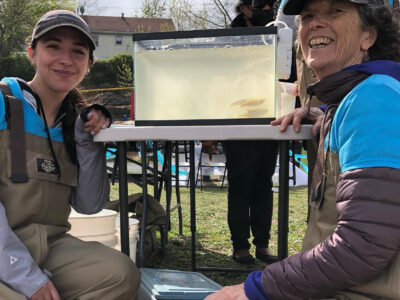
Companies globally are increasingly focused on the emerging risk of water scarcity, and so are their investors. The combination of rising populations, rapid economic growth in developing countries, and climate variability is triggering enormous water availability challenges around the world. We are at a critical juncture where the crises of food, energy and water, commodity price volatility, energy reliability, and fears of whether food production will be enough calls for a rethinking of our business-as-usual approaches.
As part of corporate social responsibility and certification efforts, companies are already promoting water conservation and reuse, rainwater harvesting, and wastewater treatment among other initiatives. While this is undoubtedly a good start, a truly strategic environmentally and financially sustainable management plan requires a better understanding of the climate risks and a finer level understanding of water use patterns in industrial operations and supply chains. This becomes especially important for water intensive sectors and where the probability of impacts in the supply chain operations and the communities surrounding it are much higher.
The overwhelming response from the study was that industries do realize that water risks are real and a number of them are already conducting regular audits to figure out avenues for conservation and efficiency. However, given the lack of much information, ensuring that the industrial sector and the policymaker are seeing the same data and interpreting the data in the same manner is the first step to ensuring that both the policymakers and industry move in lockstep with each other in response to foreseen changes.
Columbia Water Center demonstrates research-based solutions to global freshwater scarcity and climate-related water risks. Follow Columbia Water Center on Facebook and Twitter.



